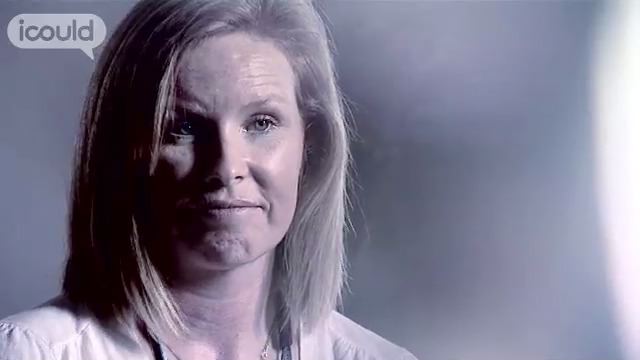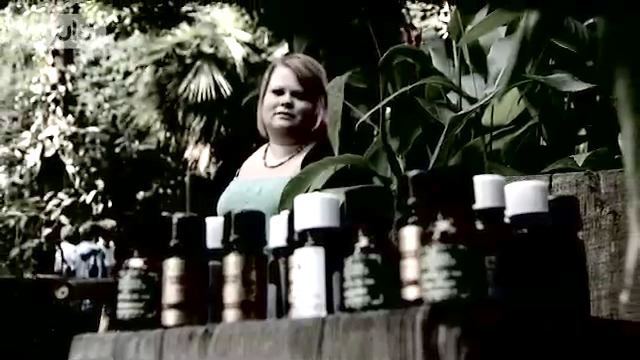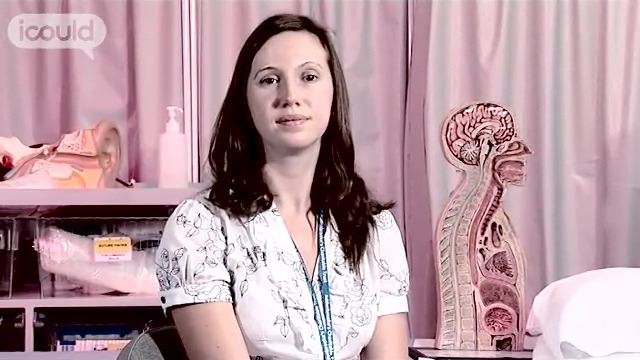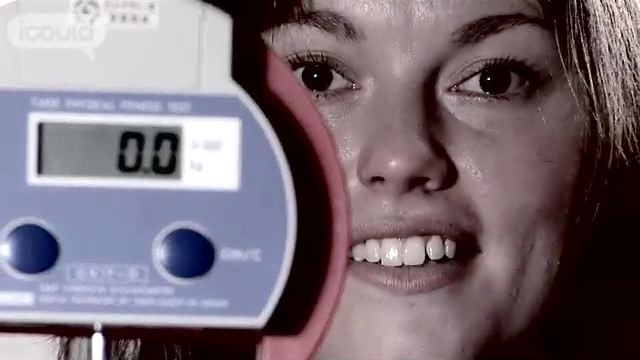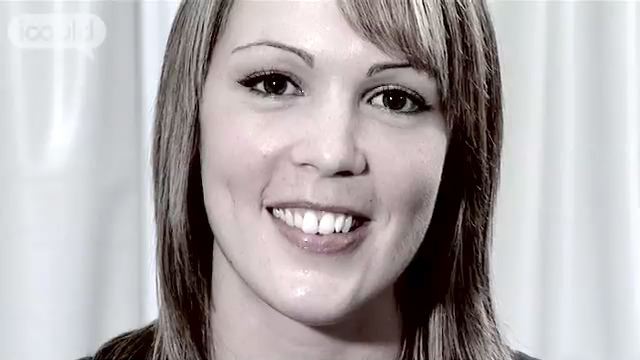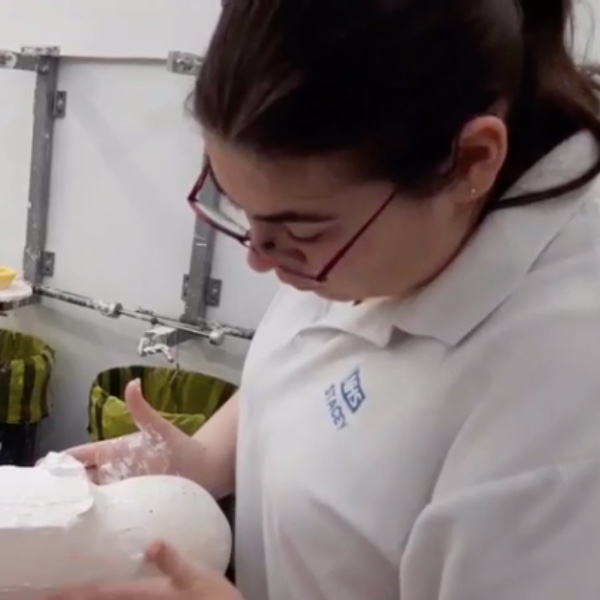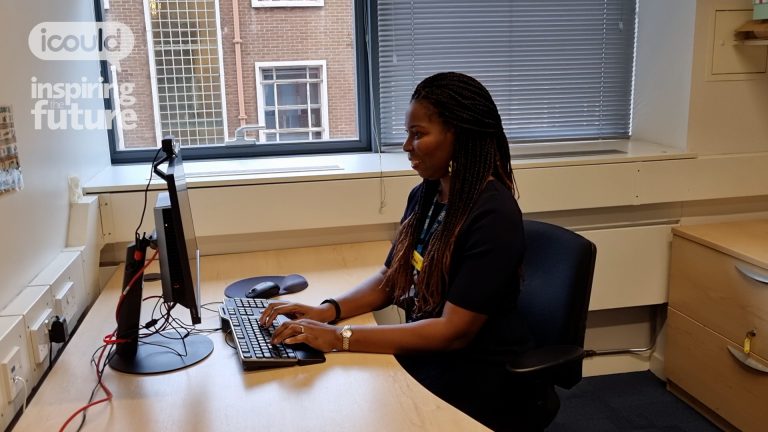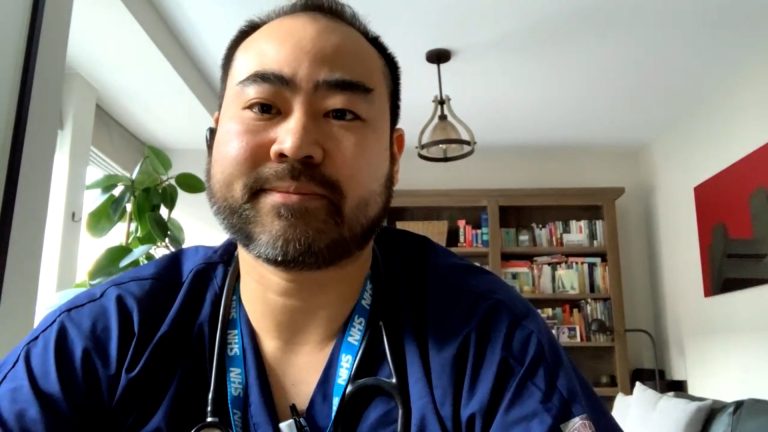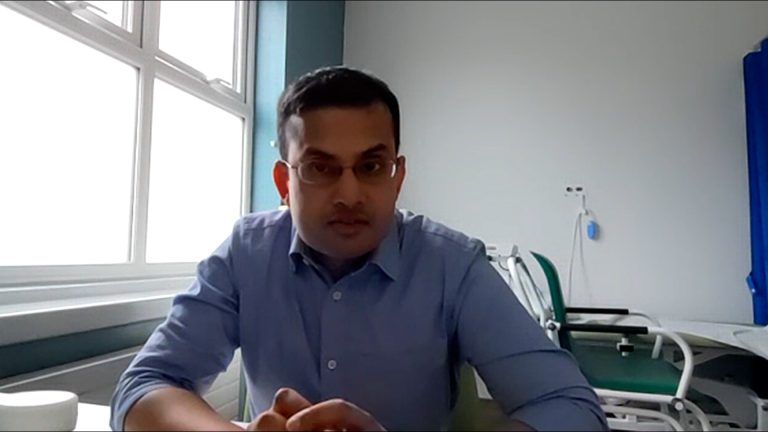Trainee Cardio Physiologist
Addenbrookes Hospital
Caroline R
00:00:01 My name’s Caroline R, and I currently work as a Trainee Cardiac Physiologist. My job involves carrying out diagnostic tests, all relating to the heart. They can be things such as popping the patient on a treadmill, and seeing how well their heart responds to exercise. In this role you realise the importance of getting the diagnosis right.
00:00:23 I really enjoyed Sciences when I was at school, and I knew that I wanted to do something in that field. When I was very, very young I really wanted to be a vet actually. And as I sort of progressed I knew that I wanted to work with people. I found the health side of things really interesting, and knowing that you could help improve people’s quality of life. I went to Uni, and I did Human Sciences. And then I didn’t really know what I wanted to do, and so I had a year out. There’s quite a lot of graduate jobs out there and people trying to steer you in different directions, and I just wanted to try and see what was out there.
00:01:02 I started looking on the NHS careers website. They have literally an A to Z guide with the different careers. Also like my brother was very influential in guiding me into this route because he was in the field, and he knew that I’d find it very interesting. I must admit if he hadn’t have guided me I probably would – wouldn’t have even looked at the NHS website. Well I’ve been training now for two years this September, so – and then next year I qualify. And then I’ll just need to get all the sort of professional exams from that point onwards.
00:01:31 At the moment I am – I must say I’m very happy in what I do. You get to meet such a range of people, and that’s something I always wanted to do. It’s really interesting being involved in their diagnosis, because you see so many different sort of conditions, and things that affect the heart basically. I’d say my job could be quite high stress, because you do have to do quite precise tests, and you need to make sure you get all the information correctly. And obviously it can be quite upsetting at times if you know someone’s very poorly. You kind of have to, you know, try and detach a little bit. You have to kind of, you know, go and see – do something completely different, go and – go to the cinema or, you know, go out with your friends or, you know, just try and forget. But it can be very hard and, you know, it can be very difficult.
00:01:23 I think over the last ten years the hardest thing has actually been doing all the exams. You kind of feel that it’s never-ending. But I think at the end of the day, if you, you know, focus and you work hard it’s rewarding when you do well. Once you have the qualifications under your belt there are – there are a diverse range of things you can do, which is really appealing, to know that in the future if I want to try something different, I can. I think what motivates me in this role is wanting to be involved in helping improve people’s conditions, because if you make good quality diagnosis that can affect their medical therapy or even surgery. Well I see myself in the future hopefully being more specialised, and maybe doing sort of clinics out on the community would be really good, and having a bit more of a sort of free range in what you do.
00:03:18 ENDS
Caroline copes with never-ending exams and the upset of working with people who can be really ill, because she loves helping people and making a difference. She enjoyed the sciences at school, studied Human Sciences at university and took a gap year before looking at the NHS careers web site.
